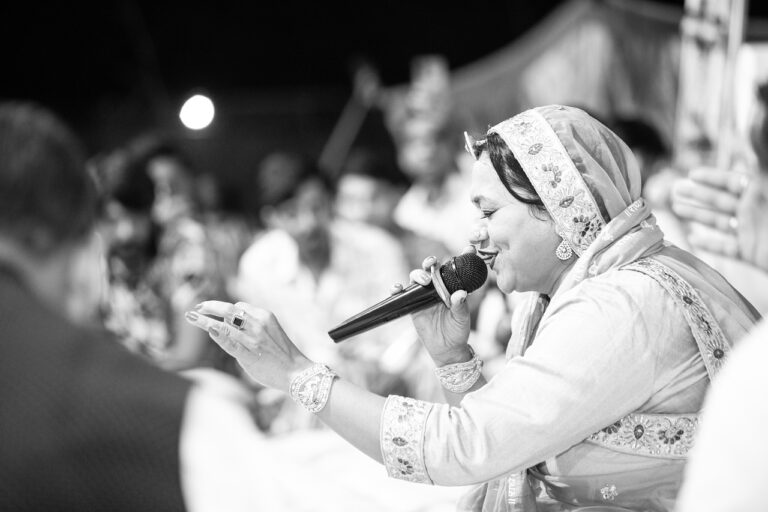Analyzing the Role of Small Donors in Election Campaigns: Golden exchange, Cricbet99, King567
golden exchange, cricbet99, king567: Analyzing the Role of Small Donors in Election Campaigns
In the landscape of political fundraising, small donors play a significant role in election campaigns. These individuals contribute modest amounts of money, usually under $200, to support their preferred candidates. While big donors and special interest groups often dominate the fundraising scene, small donors can have a profound impact on campaigns and shape the political process.
Small donors are often motivated by their passion for a candidate or cause. They believe in the candidate’s message and want to see them succeed in their campaign. By making a small donation, they feel like they are actively participating in the democratic process and helping to bring about change.
Here are some key points to consider when analyzing the role of small donors in election campaigns:
1. Grassroots Support: Small donors represent grassroots support for a candidate. They are everyday citizens who are personally invested in the candidate’s success and are willing to contribute financially to support their campaign.
2. Equalizing Influence: Small donors help to level the playing field in election campaigns. By providing financial support to candidates, they help to counterbalance the influence of big donors and special interest groups.
3. Diversifying Funding Sources: Relying on small donors for campaign funding helps to diversify a candidate’s funding sources. This reduces the candidate’s dependence on a small group of wealthy donors and ensures that their campaign is financially sustainable.
4. Building a Stronger Connection: Candidates who receive support from small donors often build a stronger connection with their base of supporters. Small donors feel like their contributions are valued and appreciated, which can lead to increased engagement and loyalty.
5. Mobilizing Supporters: Small donors are often highly engaged and motivated to see their candidate succeed. They can be powerful advocates for the candidate, helping to mobilize support and spread their message to a wider audience.
6. Increasing Transparency: Small donations are subject to strict reporting requirements, which helps to increase transparency in campaign finance. This ensures that the sources of campaign funding are disclosed to the public, promoting accountability and integrity in the political process.
7. FAQs:
Q: How much can a small donor contribute to a political campaign?
A: Small donors can contribute up to $200 per election cycle without having to disclose their personal information to the Federal Election Commission.
Q: Are small donors limited to individual contributions?
A: Small donors can also contribute to political action committees (PACs) and other fundraising entities that support candidates and causes they believe in.
Q: How can candidates attract small donors to their campaigns?
A: Candidates can attract small donors by emphasizing their grassroots support, engaging with their base of supporters through social media and other platforms, and highlighting their commitment to transparency and accountability in campaign finance.
In conclusion, small donors play a crucial role in election campaigns by providing grassroots support, equalizing influence, diversifying funding sources, building strong connections, mobilizing supporters, and increasing transparency. Their contributions help to shape the political process and ensure that candidates are accountable to a broad base of supporters. By analyzing the role of small donors in election campaigns, we can better understand the importance of their contributions and the impact they have on the democratic process.







